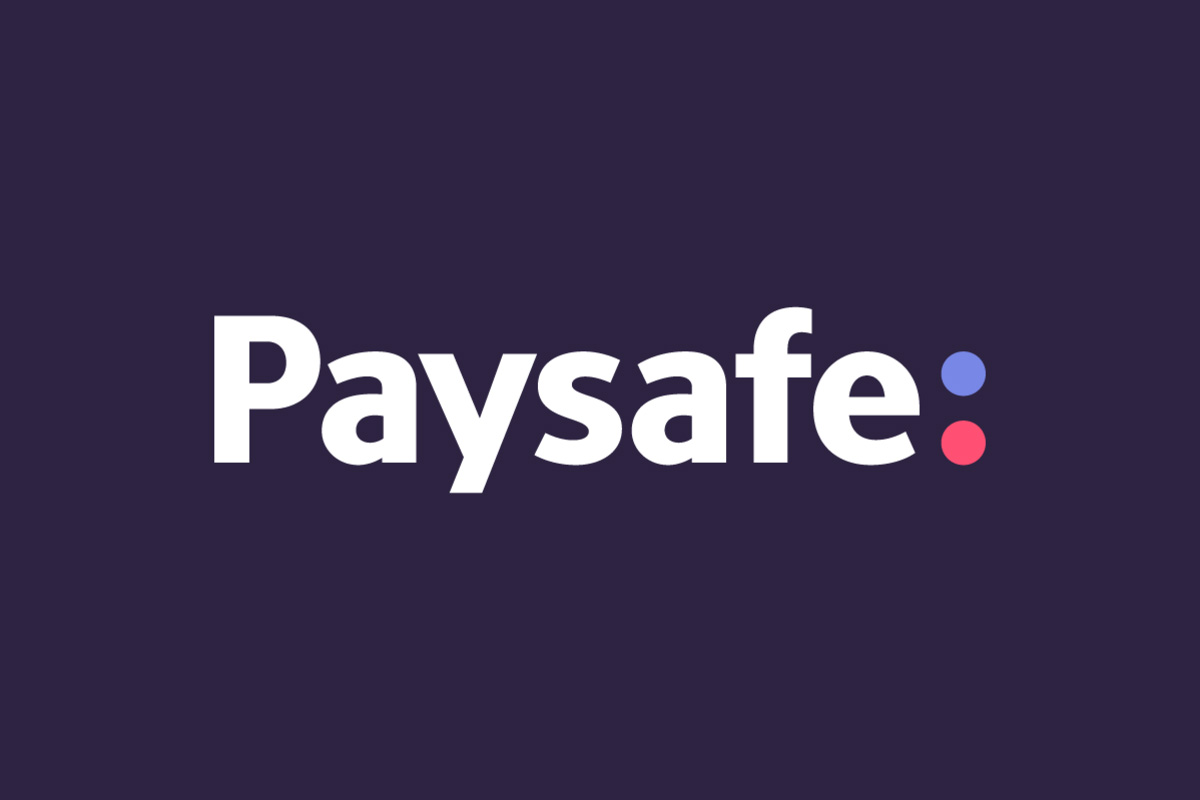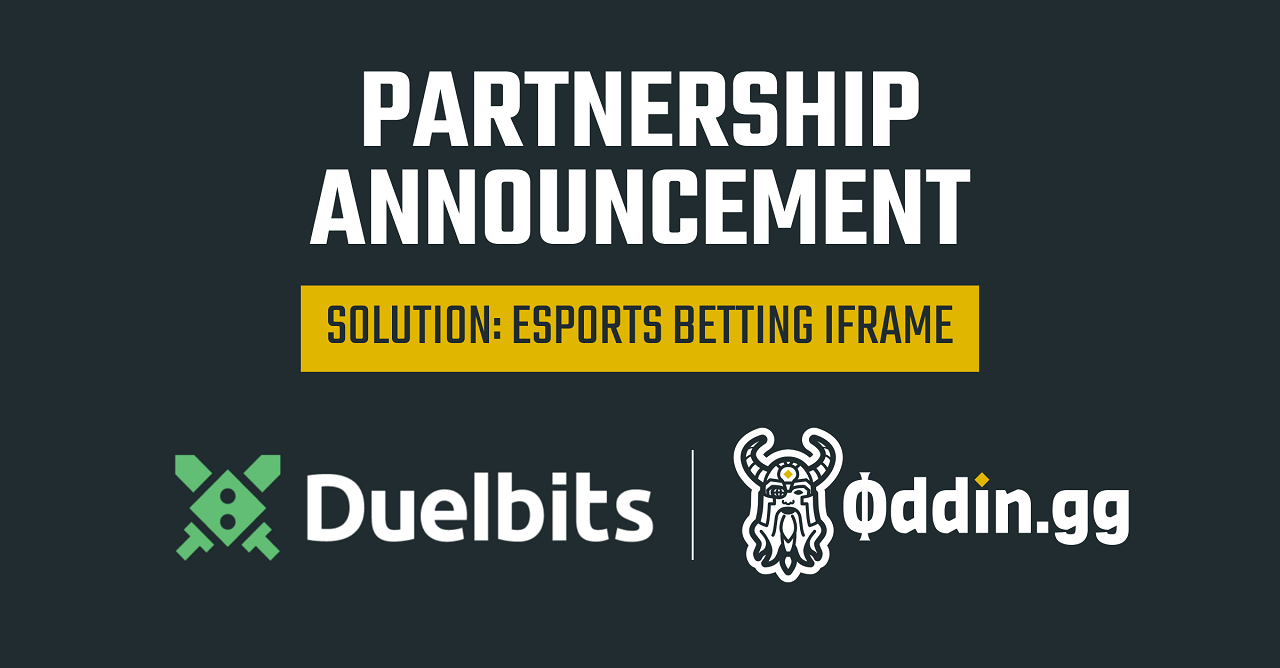
Deputies and Experts Await Voting on Gaming Law After Presidential Election in Brazil
Deputy Bacelar (Pode-BA) opened the panel by providing a background on the regulatory framework for gaming, noting that the initial project, from 1991, was discussed and shelved on several occasions for years until, in 2016, it was again discussed with emphasis and a lot of professionalism.
“In 2017, after we approved the regulatory framework in the House Committees, a group that advocated the legalization only of casinos in large integrated resorts, caused the process to stop. Along with this, the opposing groups contributed to the suspension of the procedure,” he recalled.
According to him, the approval in February of this year of Bill 442/91 in the Plenary of the Chamber of Deputies was the result of many discussions and intense work by the Working Group created by the president of the Chamber, Arthur Lira (PP-AL).
“We were able to approve the regulatory framework for gaming in February, thanks to the support of various sectors of society, the dedication of the rapporteur Felipe Carreras (PSB-PE) and the important help of other parliamentarians who understand the sector as an important economic activity for the country,” he explained.
For Bacelar, it would be very important for the Senate to vote on the Bill after the elections, “since President Bolsonaro does not have enough support in Congress if he vetoes the bill. If he vetoes it, I am sure that in Congress we will override the veto,” he assured.
Then, Herculano Passos (MDB-SP) once again defended the approval of gaming due to the importance of the activity for the economy: “Brazil needs the resources in the form of taxes and we can no longer wait any longer to approve the activity in the country, which will represent billions of reais in taxes and hundreds of thousands of jobs.”
According to him, “the approval of Bill 442/91 encourages us that the project will also pass the Senate and I hope that it follows the same pattern as the Presidency of the Republic for sanction.”
“President Jair Bolsonaro has said that he can veto the project, but I am sure that Congress will override the veto,” he guaranteed, also remembering that tourism will benefit greatly from the approval of the legal framework for gaming in Brazil.
Daniel Homem de Carvalho, from the National OAB’s Gaming Commission, said that “gaming is not prohibited in Brazil. What is prohibited is private gambling and for this reason the government is always very reticent in approving a law for the activity.”
According to him, “we’ve always had bad lottery products and it’s time for the big world players to arrive in Brazil to offer innovative and modern products. The national OAB intends, together with the state OABs, with the States and with players, to present the best possible regulation to the market.”
Asked about a possible non-presentation of the presidential decree regulating sports betting, he said that “on December 13, if the regulation is not reached, the market will continue to operate without it.” In other words, there will be points to be defined regarding the protection of the citizen and the form of taxation.
Karen Sierra-Hughes, Vice President for Latin America and Caribe for GLI, was asked by the moderator about how the international market sees Brazil’s current moment and what the country can’t go wrong in regulating the gaming sector. The GLI executive said that the gaming industry is seen around the world as an important economic activity. “In practically all countries, a large portion of the resources invested in the social area come from the gaming sector and I see that Brazil can – and should – follow the examples of good international experiences,” she commented.
For her, regulation must be discussed and well understood by the government, the regulator and all market players so that a country can achieve a really important activity to leverage its economy.
“GLI has global experience in dealing with regulatory bodies in many jurisdictions that have worked hard to organize the gaming industry in their countries. We focus on compliance, responsible gaming and anti-money laundering practices and this allows us to have a very broad view of the sector,” she commented.
According to her, GLI has always made itself available to Brazil to offer knowledge and help the country achieve good regulation of all verticals. “The world market sees Brazil as one of the main ones in the world and the country really has exactly this characteristic and needs to take advantage of the moment to offer society an extremely rich activity due to the taxes and jobs it can generate,” concluded Karen.










